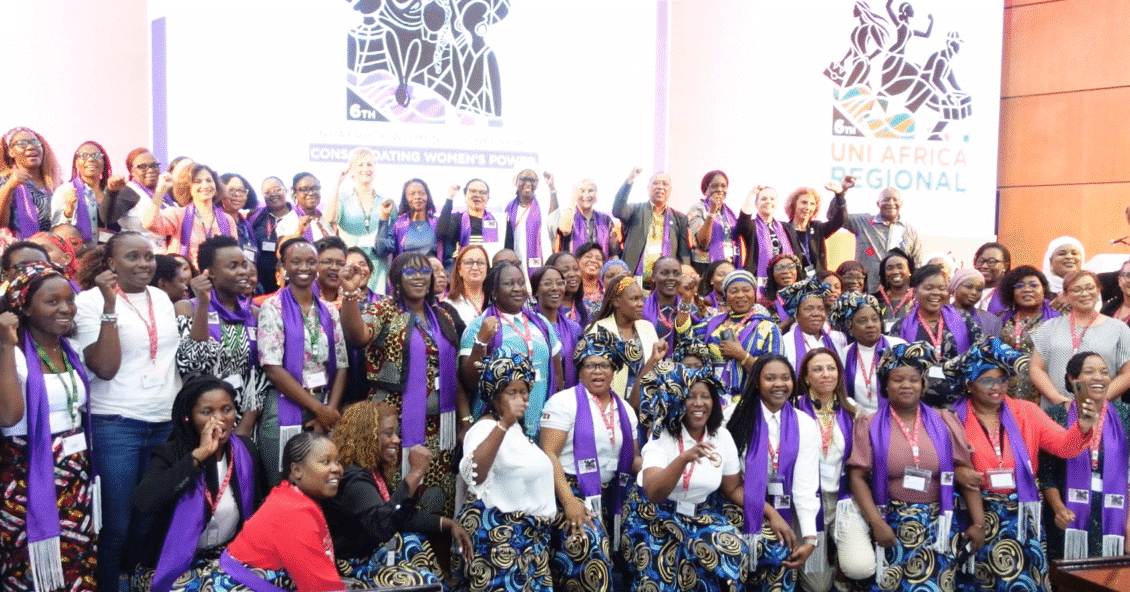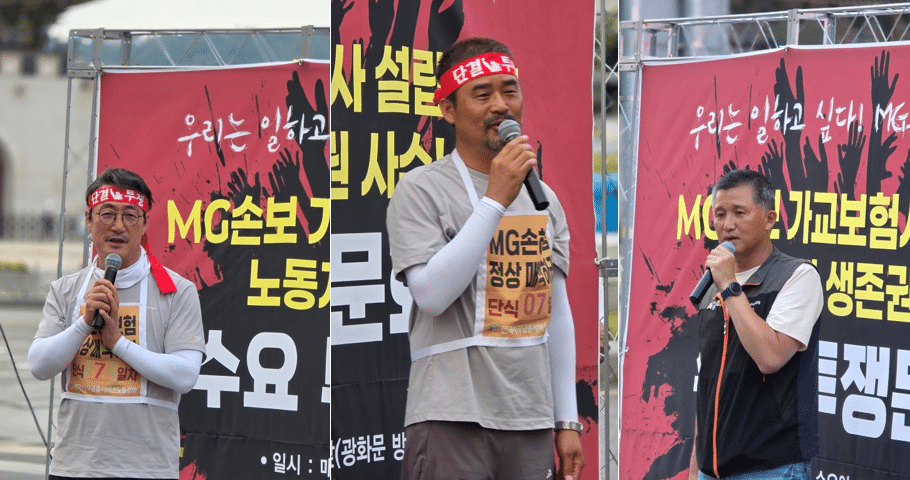A novelty several years ago, tech worker organizing has become widespread. And Information, Technology, Communications, and Services (ICTS) unions around the world are ramping up their support of these diverse workforces.
This week, UNI Global Union’s ICTS sector held a roundtable discussion with tech workers and organizers about the lessons learned during the pandemic.
Andy Kerr, Deputy General Secretary of the CWU and UNI Global ICTS President, moderated the meeting and said, “Over the past year-and-a-half, there has been a surge in tech worker organizing. These workers have come together despite the physical separation of remote work and despite the hostility of employers. Their collective actions are winning important improvements across job types, across the industry, and across employers.”
In the United States, Ha-Hoa Hamano, a Senior Product Manager of Digital Platforms at National Public Radio (NPR) and new member of the Communications Workers of America, discussed how the burnout they were facing from long hours, along with wider social movements such as #MeToo and Black Lives Matter, sparked workplace activism and organizing. While NPR reporters were covered by collective bargaining, the digital workers were not. Hamano and her coworkers changed that.
She said, “We enjoy the work that we do. Achieving the conditions that allow us to do the best work we can in a sustainable way is very important to us. That is why we organised.”
Su Yong Im of the SAP union in South Korea detailed the ways in which workers from across the industry are coming together via online messaging apps to show solidarity and to build a vibrant labour movement in the tech sector. That cross-company support helped his union fight back staffing cuts at his company. Additionally, through the experience of organizing and winning fairer pay and work conditions, white-collar workers are gaining first-hand understanding of the importance of unions in their sector.
Similarly, Cristina Zaberca, an SITT union member in Romania and employee of Indian tech company Tech-Mahindra, also talked about her union’s use of online tools to build real-world communities and win real results. Like their colleagues in the US, Romanian workers have fought against burnout, and they have fostered a collective spirit through creating groups based on shared interests outside of work. Having organized in several companies, SITT will keep organizing to push for sectoral agreement.
“We used to go to management with grievances individually, but nothing happened. Now we go as one, and things have dramatically improved,” Zaberca said.
A sentiment shared by the tech workers at the roundtable–whether a high-paid direct employee or a subcontractor struggling to make ends meet.


